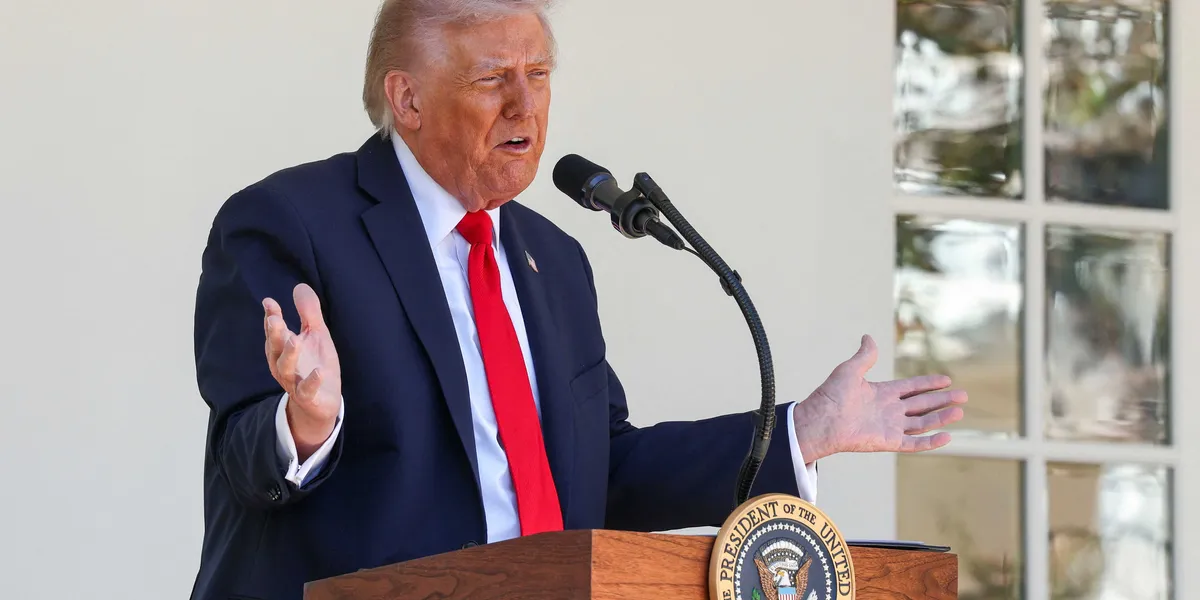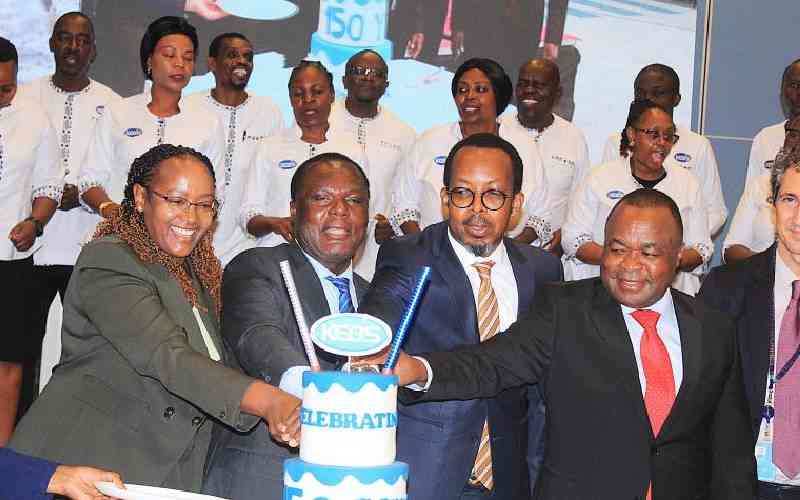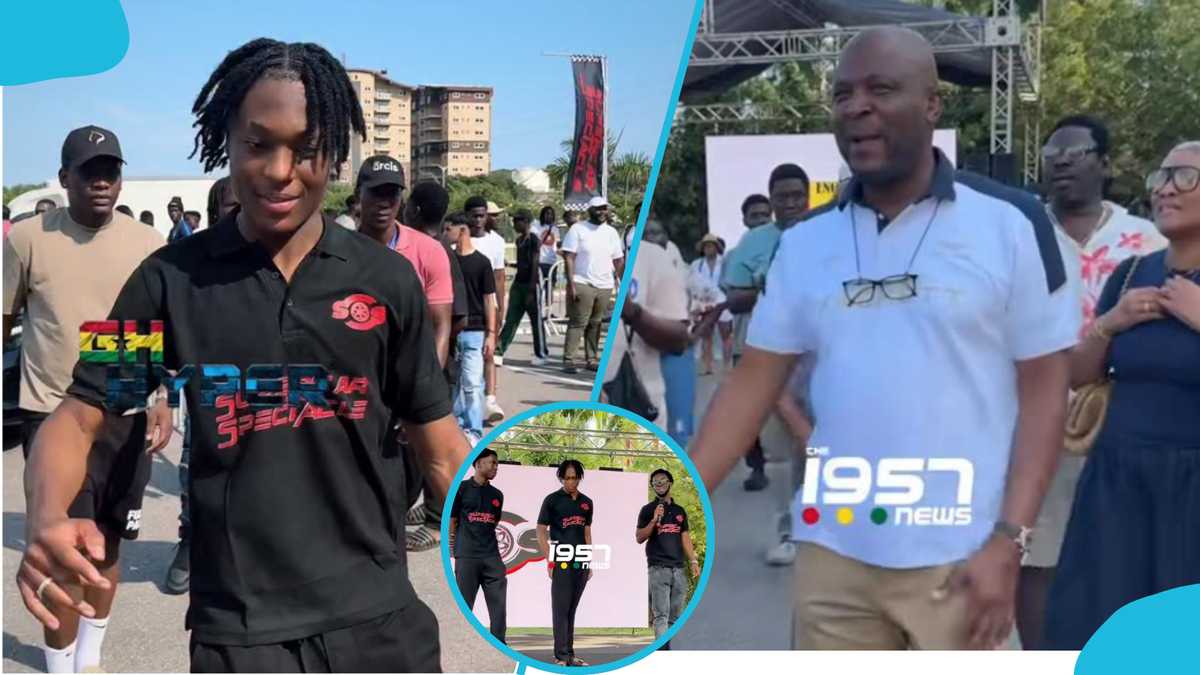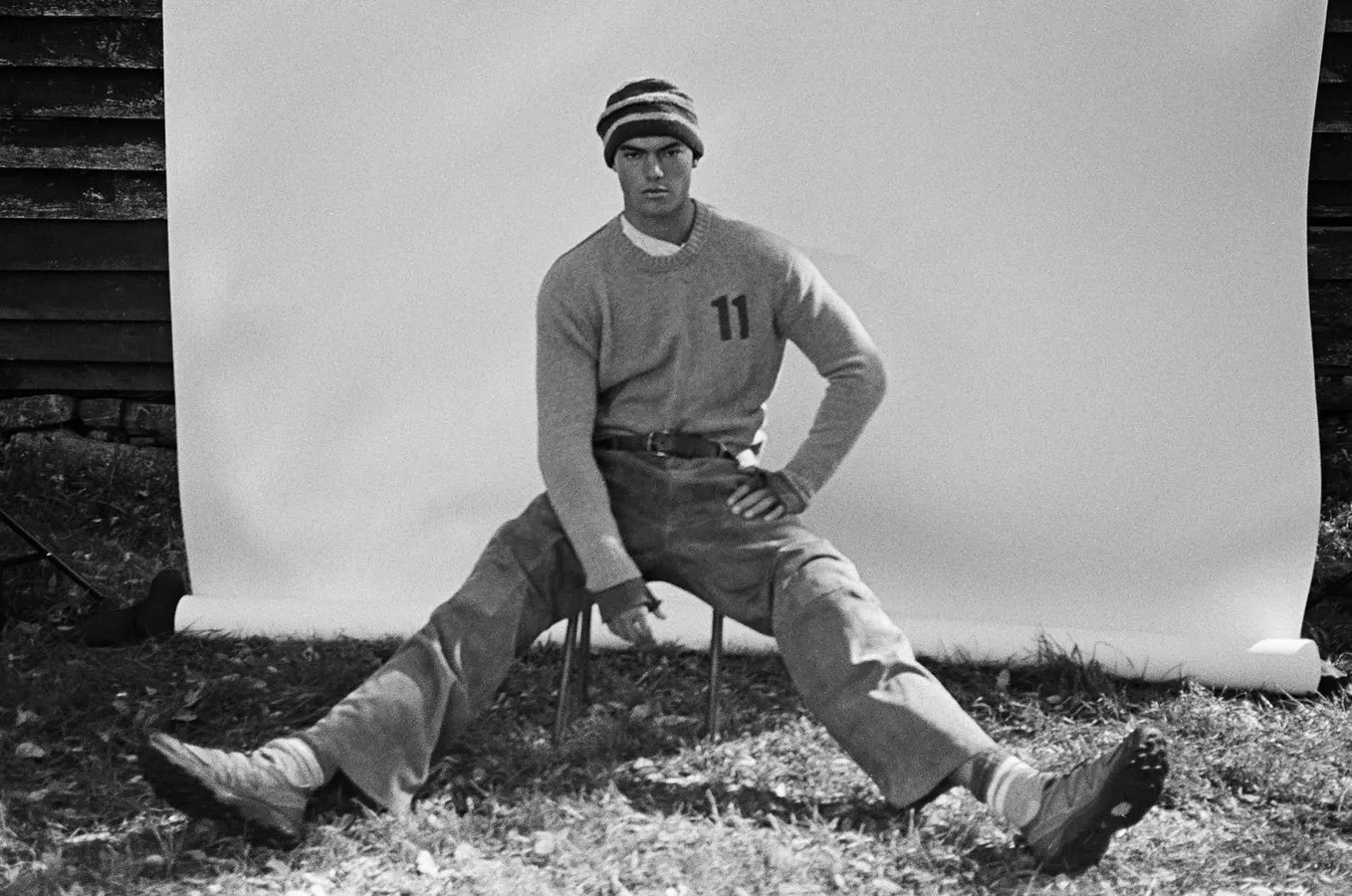Copyright cleveland.com
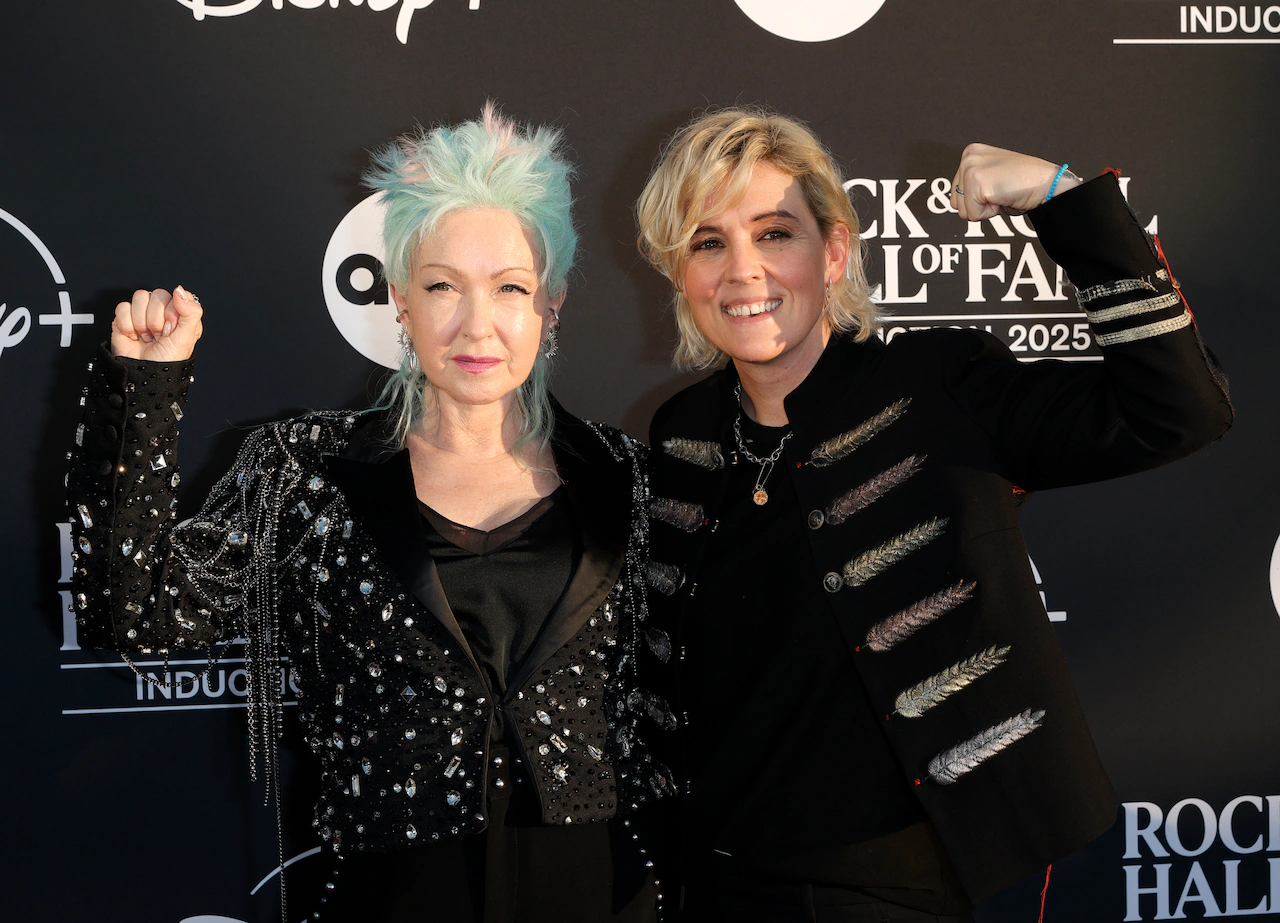
CLEVELAND, Ohio — Cyndi Lauper didn’t just arrive in the 1980s—she exploded into it. With her kaleidoscopic hair, Queens-by-way-of-cartoon accent, and that wild, elastic voice, she turned MTV into her personal technicolor stage. So it made perfect sense that Chappell Roan, today’s own brand of flamboyant pop mischief, was chosen to induct her. Roan squinted at the teleprompter—she’d forgotten her contacts—but somehow the flub fit perfectly into the night’s energy: unpredictable, joyful, and defiantly human. Lauper’s 1983 debut She’s So Unusual wasn’t just a blockbuster album—it was a statement of intent. Songs like “Girls Just Want to Have Fun” and “Time After Time” cemented her as both pop’s prankster and its poet, capable of turning goofiness and heartbreak into equal art forms. After Roan’s glowing introduction, Lauper took the stage and launched into “True Colors,” belting out a huge, emotional “Don’t be afraid!” before leading the crowd through “Time After Time” and “Girls Just Want to Have Fun.” Her voice wobbled here and there, but with a parade of special guests, an all-woman band and “standing on shoulders” of those who came before, the joy was unmistakable—a perfectly imperfect ending. Lauper was never a “safe” pop star. She was too strange, too bold, too unapologetically herself. That authenticity became her signature. Over the decades, she’s racked up Grammys, Emmys, and Tonys (still one Oscar away from the EGOT), written a Broadway hit, championed LGBTQ+ rights long before it was trending, and never stopped sounding like no one but herself. What keeps Lauper vital isn’t just nostalgia for neon and big choruses—it’s that she’s always been ahead of the culture. In an era full of manufactured idols, Cyndi Lauper has always been, and remains, the genuine article.
